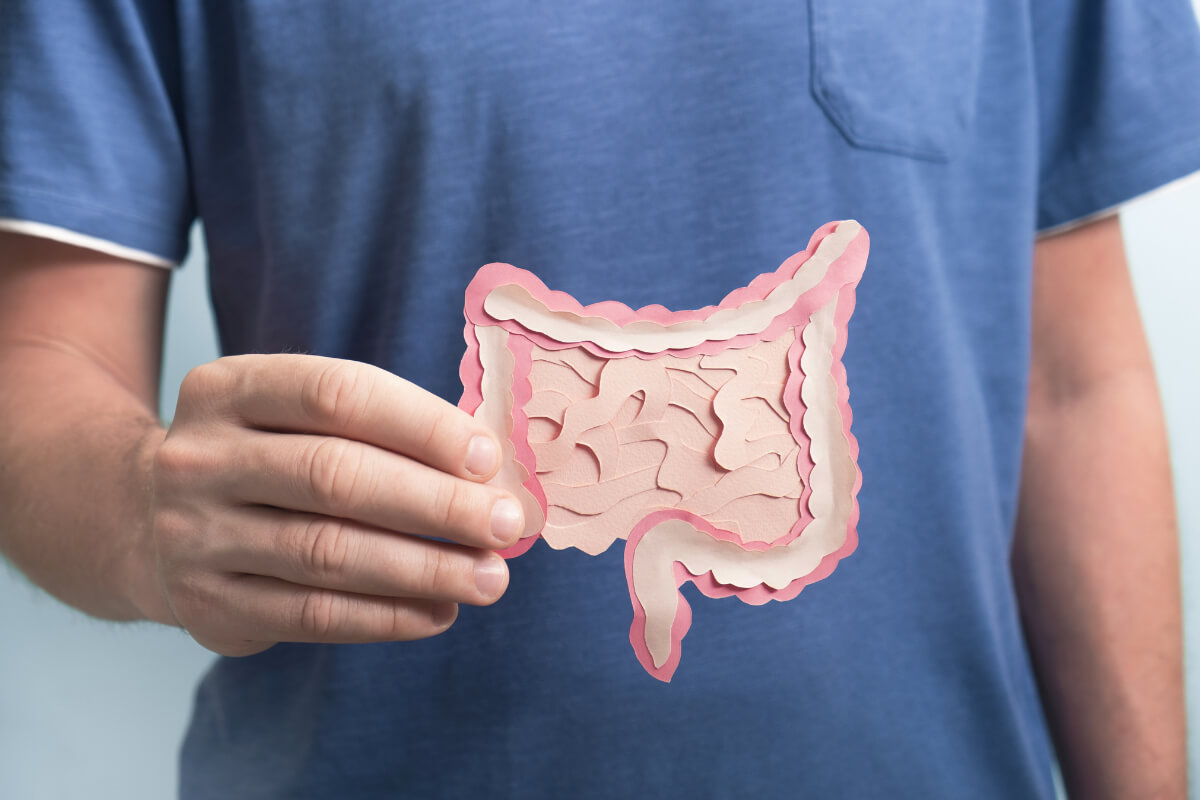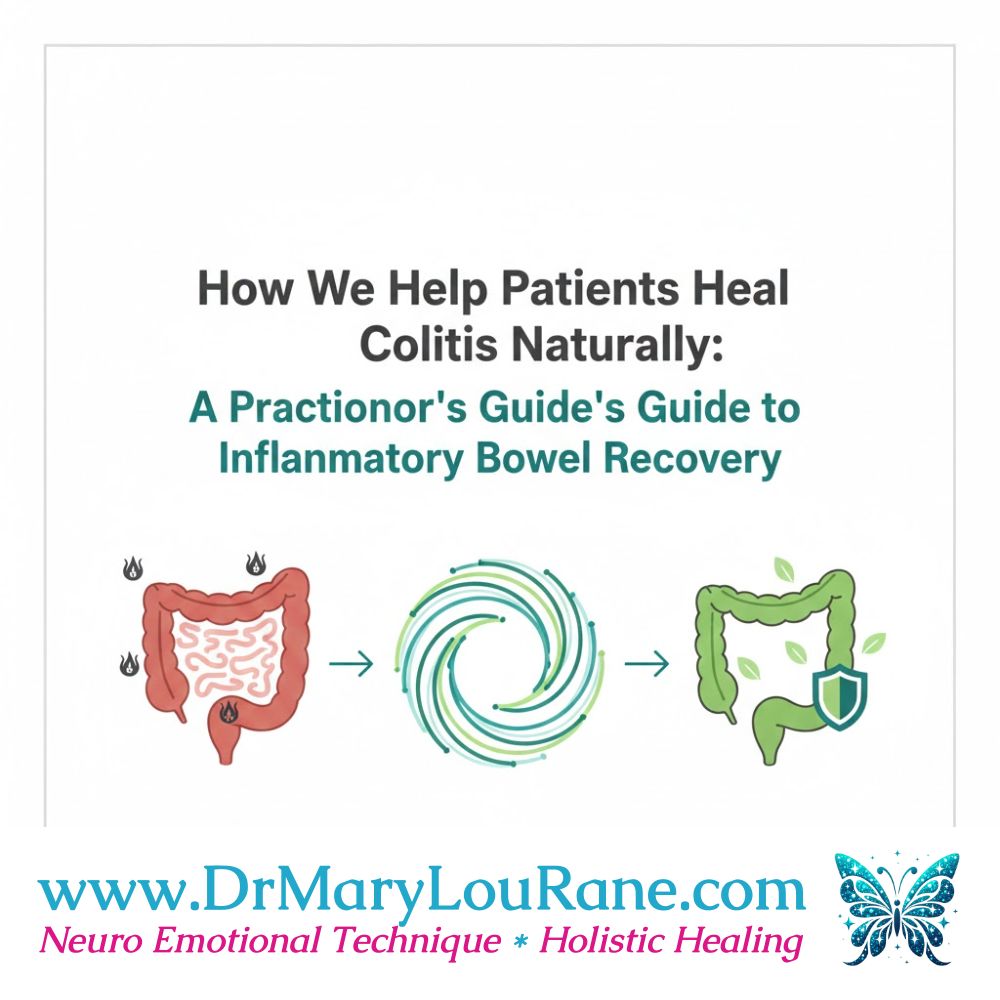Have you ever relied on your gut instincts when making a decision? Or, felt a tingly feeling in your stomach when you’re nervous? This isn’t mere coincidence, but rather the result of a complex and fascinating relationship between our brain and our gut. In recent years, scientists have increasingly recognized the significance of this mind-gut connection, leading to a wave of groundbreaking research that is shaping the way we think about mental health, nutrition, and overall wellness. Let’s dive deep into our bellies and explore what’s commonly referred to as the second brain.
The Gut-Brain Connection
Our gut plays a key role in our emotional health. The gut is often perceived as a machine that only digests food and absorbs nutrients. However, a closer look reveals an intricate network buzzing with communication. The gut has a network of neurons and connected bacterial activity that many people aren’t aware of. This is a gut-brain link that governs not just our bellies, but our overall well-being. Research has shown that our emotions and stress levels have a substantial impact on our immune responses, and therefore our gastrointestinal health. Research from Flinders University has even come out stating that cells in the gut can communicate with both the brain and spinal cord.
Studies have shown that emotions such as anxiety, stress, and depression can trigger symptoms in the gut, since the brain and gastrointestinal system are closely intertwined. For instance, a troubled stomach can send signals to the brain, while a troubled brain can send signals to the gut microbes. This two-way connection is often referred to as the gut-brain axis. As a whole, this whole system is called the Enteric Nervous System (ENS). Understanding the gut-brain axis and ENS helps to explain why we might feel nauseous or experience stomach pain during stressful situations and highlights the importance of addressing both psychological and physical factors when treating gastrointestinal issues.
The Functions Of The Enteric Nervous System AKA The Second Brain

The human body contains an intricate connection between the brain and the gut, which scientists refer to as the Enteric Nervous System (ENS). This “second brain” consists of an extensive network of over 100 million nerve cells and intestinal neurons lining the gastrointestinal tract, which spans from the esophagus to the rectum. Crazily enough, the ENS has even more nerve cells than our spinal cords! Being responsible for controlling the digestive process, the ENS plays a vital role in our overall health, as well as influencing our mood, cognitive abilities, and brain health.
To get even more specific about this connection – the ENS and Central Nervous System (CNS) communicate constantly through a bidirectional pathway called the “gut-brain axis,” which has been found to influence emotions, appetite, and behavioral effects. Research has shown that gastrointestinal functional disorders (GIFD), such as irritable bowel syndrome (IBS), can be induced by ENS dysfunction, leading to abnormal gastrointestinal function and even emotional and cognitive issues, such as anxiety and depression.
For many years, we believed that anxiety and depression contributed to GI issues, but recent studies reveal that the relationship may actually be reversed. Irritation in the gastrointestinal system can send signals to the central nervous system, leading to mood alterations. This discovery has shifted the understanding of gut-brain interaction and has opened new doors to treat GI issues. In recent years, the field of gut-brain axis research has experienced a surge of enthusiasm, as the link between the digestive system, digestive tracts, our neural network, and the brain goes beyond nervous system communication.
For example, stomach problems can create stress and anxiety, and in turn, stress and anxiety can make stomach problems worse. With this new understanding of the enteric nervous system, we can explore alternative treatment options, such as probiotics, or NET (Neuro Emotional Technique) for releasing the emotions that cause GI issues.
Emotions & Mental Health Behavioral Effects On The Gut
Our gut is incredibly sensitive to our emotional states, with feelings like anger, anxiety, sadness, and elation all having the potential to trigger symptoms in this area. A troubled intestine may trigger anxiety and depression, reducing cognitive function, just as a troubled brain can result in intestinal inflammation or deterioration of how well the stomach functions. The shift in your bodily functions, whether you’re experiencing stomach issues, or experiencing negative emotions, is a result of your immune responses to the troubled thinking.
In fact, the National Library of Medicine conducted a larger study that revealed the correlation between having mental disorders and having a gastrointestinal disorder. 42% of study participants, who either had IBS or UC, also had a diagnosed mental disorder, like anxiety and depression. Emotions, especially negative ones, play an active role and have direct effects in your dietary patterns and the development of a GI issue.
Stress’s Direct Effects On The Gut & Brain Health
When we have a stress response, our body’s “fight or flight” is activated, which may lead to muscle spasms in the esophagus, increased stomach acid, intestinal inflammation, and other digestive problems. An intense stress response can seriously affect the way your stomach functions, especially if you’re stressed out often. The rapid effects of a stress response on your gut are astounding. In more serious cases, stress can reduce blood flow and oxygen to the stomach, resulting in cramping, inflammation, and an imbalance of gut bacteria. If we’re talking about anything being a risk factor for developing a GI disorder, stress is a really big one.
People with functional GI disorders often experience more acute pain due to their brains being more responsive to pain signals coming from their GI tract. When stress is present or when you’re having a stress response, the pain can seem even more unbearable. Addressing additional health factors, such as stress, anxiety, or other mental diseases through mind-body methodologies like Neuro Emotional Technique may help to alleviate some of these uncomfortable symptoms by improving your brain health.
Physiological Effects On The Gut
Outside of the physical symptoms that accompany stress and depression, environmental factors can also be another physiological effect on your gut. The connection between our gut and brain demonstrates the importance of considering both physical and environmental factors in managing gastrointestinal issues and the symptoms that come with them. Sadly, almost anything, whether it’s physical or mental can be a risk factor for developing a gut issue.
Dietary Factors Influencing The Gut
External factors, such as stress, smoking, and diet have been shown to shape the gut. Your diet has one of the highest direct effects and rapid effects of a bad gut. Eating healthy food and keeping your fibers levels high will create and help you maintain a healthy gut, which in turn helps you manage your symptoms.
Bacteria is required for digestion. Our entire bodies are full of bacteria. However, it is the bad bacteria in the gut that has been linked to poor health conditions and GI issues. For instance, stress and depression can be the results of bad bacteria located in the gut.
The effects of diet are significant in helping you manage symptoms. For some, a conventional diet, western diet, or animal-based diet isn’t enough to prevent symptoms of GI issues and actually makes them worse. For others, the best way to maintain a healthy gut is to get on a plant-based diet or a diet with high fibers levels. The best way to have a healthy gut is to consume nutritious foods that combat the bad bacteria that attack the gut. Maintaining a healthy diet will also help reduce the risk of developing additional health factors. If you’re looking for some good and healthy recipes for maintaining gut health, check out my recipes for Ulcerative Colitis.
Gut Issues & Disorders That Can Be Triggered By Our Emotions & Mental States

The gut-brain connection is real and can contribute to chronic digestive issues and diagnoses. Emotions like anger, anxiety, and sadness can trigger symptoms in the gastrointestinal tract and can sometimes cause inflammatory diseases.
List of GI Disorders That Can Be Triggered By Stress & Emotions
When under stress, our gastrointestinal system can be significantly impacted, often resulting in a variety of disorders. A few GI disorders and issues that can be triggered by stress, negative emotions, or autoimmune diseases are:
- Inflammatory Bowel Disease (IBD)
- Crohn’s Disease – a chronic inflammatory disease characterized by systemic inflammation in the digestive tract. The condition has the potential to impact various regions of the digestive system, but it commonly affects the small intestine and the beginning portion of the large intestine.
- Ulcerative Colitis – a chronic bowel disease that falls under the category of chronic inflammatory diseases. It is characterized by the presence of ulcers and inflammation on the inner lining of the large intestine. These symptoms occur due to abnormal reactions in the immune system.
- Irritable Bowel Syndrome (IBS) – a chronic intestinal disorder causing pain in the belly, gas, diarrhea, and constipation.
- Gastroesophageal Reflux Disease (GERD) or Acid Reflux – a digestive disease in which stomach acid or bile irritates the food pipe lining.
- Peptic Ulcer Disease – a sore that develops on the lining of the esophagus, stomach, or small intestine. Peptic ulcers occur when acid in the digestive tract eats away at the inner surface of the stomach or small intestine. Can often develop alongside mental disorders.
All of the disorders/dis-eases listed above are affected and exasperated by stress, anxiety, and depression. Chronically anxious patients experience more severe symptoms during stressful events. Additionally, people with autoimmune diseases, neurological diseases, or brain diseases have a higher chance of developing a GI disorder. Mainly because those with autoimmune diseases, neurological diseases, and brain diseases experience a great deal of stress, and often have vitamin deficiencies or issues associated with their diet.
List of GI Issues That Can Be Triggered By Stress & Emotions
Emotional distress and stress can significantly impact our digestive system, even if it doesn’t result in getting a GI disorder. Here are some common GI issues that can be triggered by stress and emotions:
- Indigestion – pain or discomfort in your upper abdomen or burning pain behind the breastbone/chest.
- Gas – caused by swallowing more air than usual or eating food that’s difficult to digest. It can also be related to an underlying health problem affecting the digestive system, such as recurring indigestion or irritable bowel syndrome (IBS).
- Bloating – happens when the GI tract becomes filled with air or gas. This can be caused by something as simple as the food you eat or an underlying health problem or food sensitivity.
So, even if you don’t feel like you have a GI disorder like IBS or GERD, your digestive tract may still be negatively impacted by the GI issues listed above if you are constantly overwhelming your body with stress and negative emotions.
Natural Treatments For Gut Issues & Disorders

As researchers discover the significant impact that irritation in our GI system has on triggering mood changes and vice versa, the approach to treating gastrointestinal conditions like Irritable Bowel Syndrome (IBS) has evolved. The effectiveness of certain herbal supplements, and emotional techniques like the Neuro Emotional Technique (NET), is gaining more attention as their benefits target both the “big brain” in our head and the enteric nervous system (ENS) in our gut.
Probiotics & Herbal Supplements To Treat GI Issues
The use of probiotics and herbal supplements may be a great place to start to treat GI issues. The live bacteria in probiotics can be safely consumed to improve gastrointestinal health and promote anti-inflammatory responses. It is thought that by balancing our gut’s microbiome, probiotics, and other dietary supplements may help to ease symptoms of anxiety and depression, and unrest in our tummies.
The bacteria in probiotics are often referred to as “good bacteria.” The good bacteria help prevent “bad bacteria” or harmful bacteria from forming in your stomach. Probiotics help manage the trillions of bacteria that are present in our intestines.
Herbal supplements have been widely believed to help ease nausea and reduce stomach acid volatility by being a means of facilitating an anti-inflammatory response. For example, ginger is known for helping ease nausea, and chamomile is known for helping reduce stomach acid volatility. While turmeric is known for having anti-inflammatory properties that can help reduce systemic inflammation in your gut and body. There are a wide array of supplements you can explore that have beneficial effects on your gut and brain health.
Neuro Emotional Technique as a Treatment for Gut Issues
Neuro Emotional Technique (NET) focuses on addressing the link between the body’s emotional health and its physical manifestations – in this case, GI disorders and issues. One of the main advantages of using NET as a treatment for gut issues is its non-invasive nature. NET does not require any medication or surgery, making it an appealing option for individuals who prefer a more natural approach to healing, or even for those that tried everything within the traditional path with no success.
NET is by far the most scientifically proven technique for changing the brain and subconscious patterning, as well as the farthest-reaching process in its scope of transforming the body and mind. Its basis is to find and remove emotional physio-pathological patterns, which are called Neuro Emotional Complexes (NECs).
NET practitioners believe that unresolved emotional issues can cause recurrent physical symptoms such as chronic pain and digestive disorders. We use muscle testing and other techniques to identify and release trapped emotions that may be contributing to an individual’s gut issues. The idea is that once these blockages are eliminated, the physical symptoms associated with them will also fade. Consequently, this treatment aims to improve not only the patient’s emotional well-being but also their overall physical health.
Using NET to help manage the thoughts and thought processes that are causing negative emotions in your day-to-day can help eliminate any gut issues and symptoms that you’re having. It is important to note that the gut-brain axis connection plays a key role in the efficacy of NET as a treatment for gut issues. By addressing the emotional aspect of these physical problems, NET enables patients to achieve a state of overall well-being. This holistic approach ensures that individuals can lead a healthier, more balanced life free of debilitating gut issues.
Free One-On-One Consultation With A Certified NET Practitioner

In just 4-5 sessions, patients who received NET reported much less distress, their overall emotional state improved significantly, and the way their brains reacted to stress cues normalized. No one deserves to live a life without wellness.
My goal is to provide holistic care and help people achieve whole-body healing with a care plan that includes non-invasive natural treatments, and alternative therapies. You deserve compassion, holistic health & wellness, and freedom. You deserve to have an absence of illness and harmful health effects that lessen your quality of life.
If you are struggling with GI issues and not receiving the help you deserve, I encourage you to reach out for a free one-on-one consultation. I will assist you in achieving your health, emotional and spiritual goals through an effective treatment plan that works for you.
I have a global client base and have the ability to create an online program tailored just to you. I welcome you to visit my Westwood office or to contact me by phone, FaceTime, or Skype.
Call me at (310) 277-0241 or contact me here for a free 15-minute phone or video consultation.




